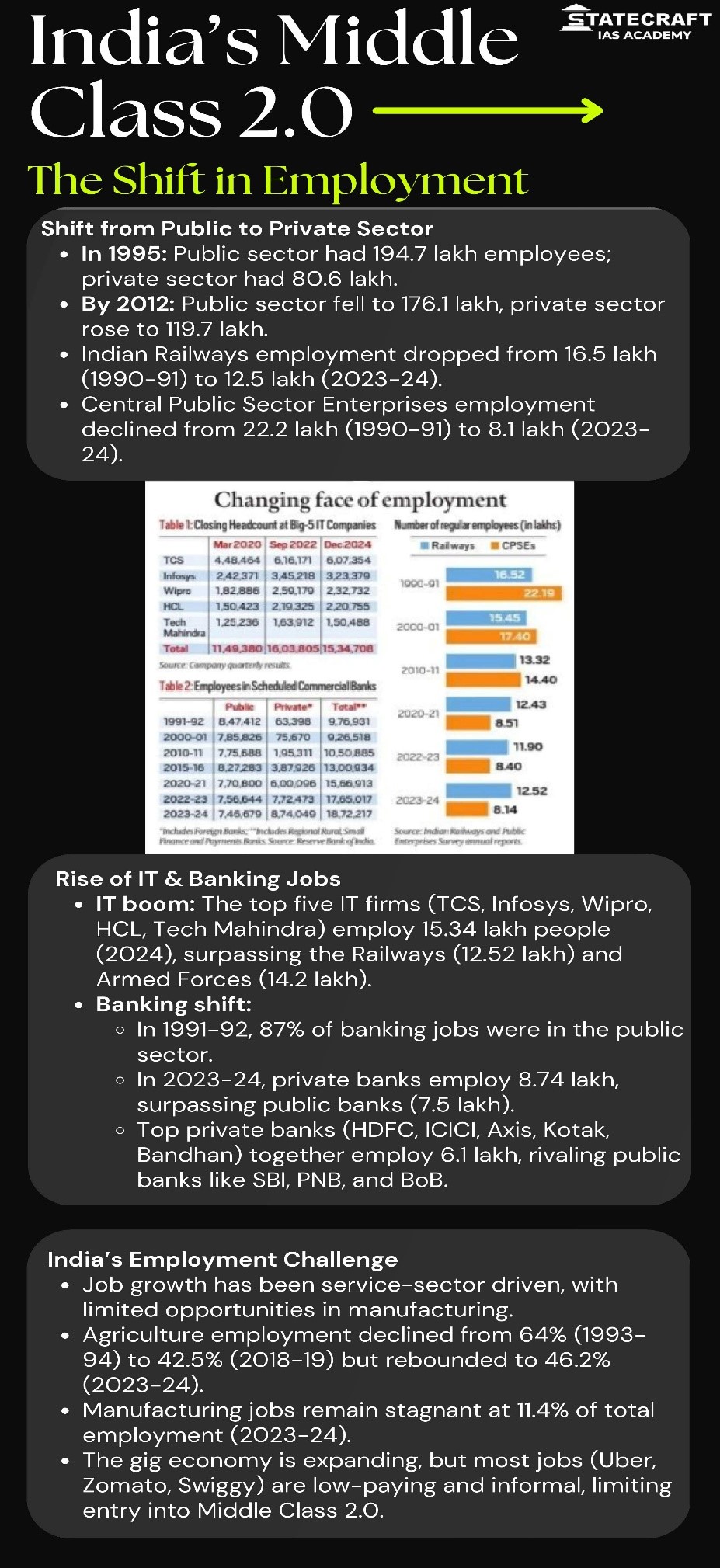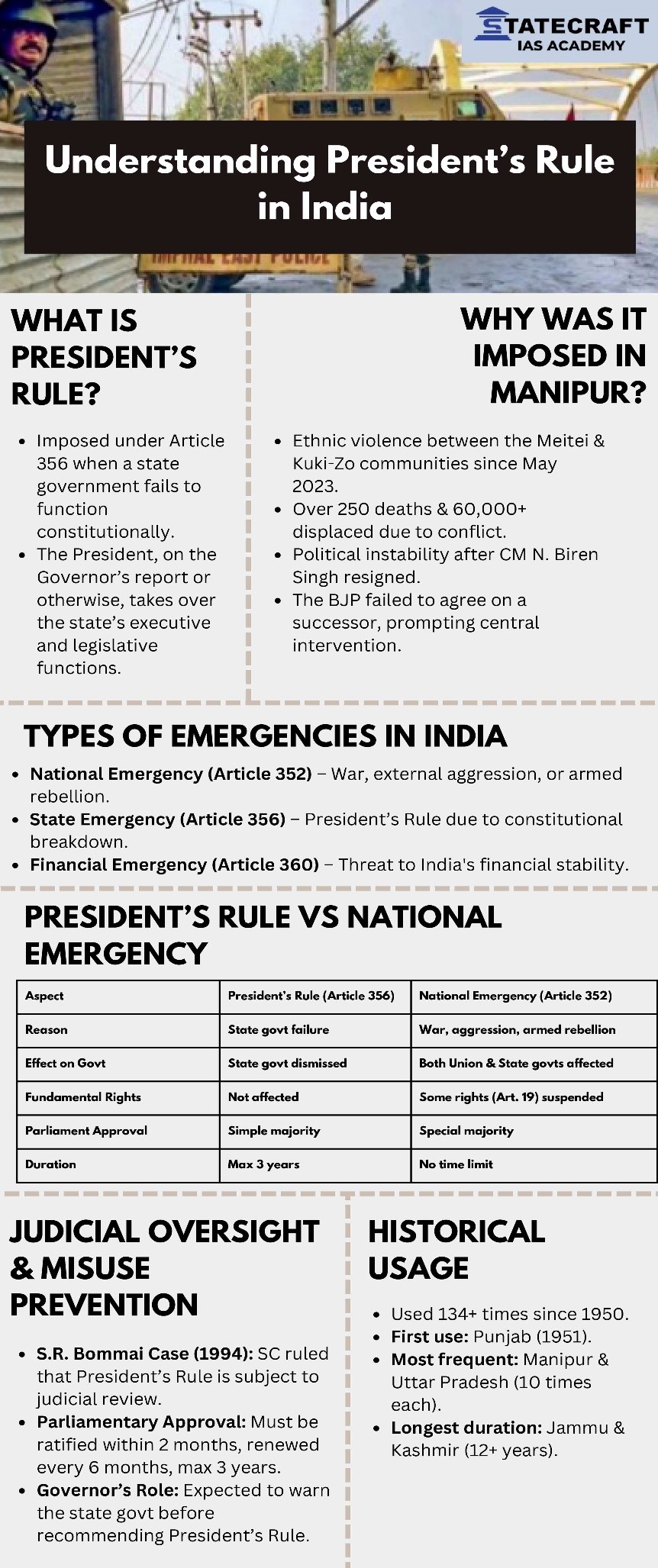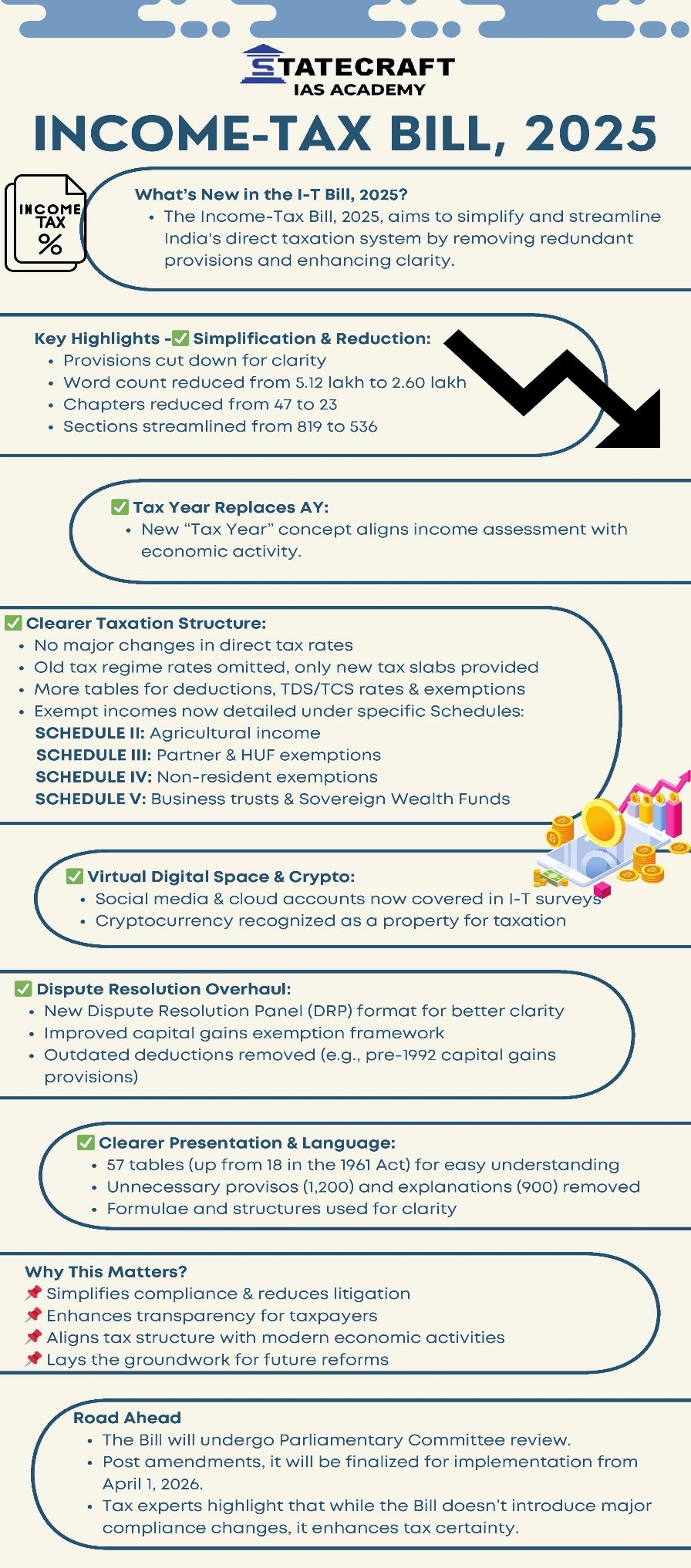1. Gyanesh Kumar Appointed as Chief Election Commissioner (CEC)
- Introduction
- New CEC: Gyanesh Kumar appointed as Chief Election Commissioner (CEC).
- Appointment Date: March 14, 2024.
- Assumes Office: Wednesday (March 2024).
- Selection Process
- Committee:
- Chaired by Prime Minister Narendra Modi.
- Members: Home Minister Amit Shah & Leader of the Opposition (Rahul Gandhi).
- Opposition’s Protest:
- Congress sought adjournment of the meeting.
- Rahul Gandhi left the meeting after submitting objections in writing.
- Background of Gyanesh Kumar
- 1988-batch IAS Officer (Kerala Cadre).
- Previous Roles:
- Former Union Cooperation Secretary.
- Appointed as Election Commissioner on January 31, 2024.
- Controversy and Legal Challenge
- Supreme Court Case:
- SC to hear a plea against the new law governing CEC selection.
- Congress Allegations:
- Called the process “partisan” and “non-neutral”.
- Demands judicial intervention for fairness.
- Constitutional & Governance Aspects
- Election Commission of India (ECI):
- Constitutional body under Article 324.
- Responsible for conducting free and fair elections.
- CEC Appointment Process (Changes):
- Old System: Collegium including the CJI played a role.
- New System: Selection by a government-majority panel.
2. Places of Worship Act Case
- Introduction
- Issue: Supreme Court is hearing a challenge to the Places of Worship Act, 1991.
- Key Concern: The Centre has not yet filed a response despite multiple opportunities.
- Law in Question: Protects the identity and character of religious sites as they existed on Independence Day (15th August 1947).
- Legal Proceedings
- Case Duration: Pending for over four years.
- Court Orders: Since October 2022, the Supreme Court has granted time to the government to file an affidavit.
- Latest Development:
- On Monday, the case was adjourned as the Centre did not respond.
- New hearing scheduled for April 1, 2024, before CJI Sanjiv Khanna.
- Court’s Stand:
- Complained about flood of petitions.
- Dismissed writ petitions where notices had not been issued yet.
- Allowed petitioners to file applications on new legal grounds.
- Arguments & Representation
- Petitioners & Interveners:
- Include minority organisations, political parties, and individuals.
- Represented by senior advocates Kapil Sibal, A.M. Singhvi, Dushyant Dave, P. Wilson, Raju Ramachandran, and Vikas Singh.
- Government’s Representation:
- Solicitor-General Tushar Mehta and advocate Kanu Agrawal.
- Petitioners’ Demand:
- Advocate Ashwini Kumar Upadhyay argued that the court had issued notices in 2021, but the Centre has not responded.
- Requested the court to direct the Centre to file a counter-affidavit.
- Constitutional & Governance Aspects
- Places of Worship Act, 1991:
- Objective: Prevents alteration of the religious character of places of worship as they were in 1947.
- Exception: The Ram Janmabhoomi-Babri Masjid dispute was excluded from its purview.
- Judicial Review:
- The SC’s scrutiny of the law could set a constitutional precedent on religious identity and historical claims.
- Separation of Powers:
The executive’s delayed response raises questions on government accountability in legal matters.




